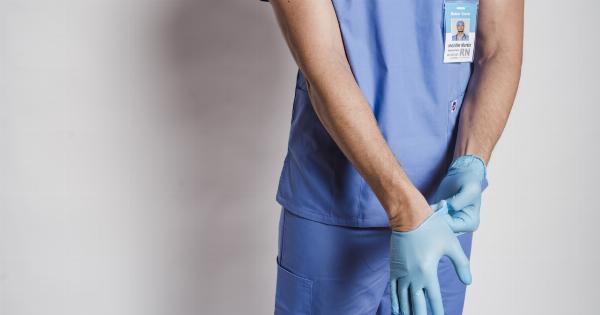Glaucoma is a group of eye diseases that cause damage to the optic nerve, leading to blindness if left untreated. It is a common eye condition that affects millions of people worldwide.
While there are various risk factors for glaucoma, including age, genetics, and high eye pressure, recent studies suggest that drinking too much of a particular beverage can triple your risk of glaucoma.
What is Glaucoma?
Glaucoma is a group of eye diseases that damage the optic nerve, which is responsible for transmitting visual information from the eyes to the brain. When the optic nerve is damaged, it can lead to vision loss and complete blindness.
Glaucoma is often called the “silent thief of sight” because it can develop slowly over time without any noticeable symptoms until significant damage has occurred.
Types of Glaucoma
There are several types of glaucoma, including:.
- Open-angle glaucoma: This is the most common form of glaucoma and occurs when the drainage canals in the eye become clogged, leading to increased eye pressure.
- Angle-closure glaucoma: This is less common and occurs when the iris bulges and blocks the drainage angle in the eye, leading to increased eye pressure.
- Normal-tension glaucoma: This occurs when there is optic nerve damage but no increase in eye pressure.
Can Drinking This Common Beverage Triple Your Risk of Glaucoma?
A recent study by researchers at the University of California, Los Angeles found that consuming large amounts of hot tea can triple your risk of glaucoma.
The study, which was published in the British Journal of Ophthalmology, analyzed data from more than 1,600 participants over the age of 40 who underwent eye exams and completed surveys about their lifestyle and beverage consumption.
The Results
The study found that participants who drank hot tea more than once a day were more likely to have glaucoma than those who drank tea less frequently.
Specifically, those who consumed more than 1,200 milliliters (about 40 ounces) of hot tea per day had a 2.5 times greater risk of developing glaucoma compared to those who drank less than that amount. Interestingly, the study found no association between coffee consumption and glaucoma risk.
Why Does Hot Tea Increase Glaucoma Risk?
The exact mechanism by which hot tea increases glaucoma risk is unclear, but the researchers suggest that the high temperatures of the water used to brew tea may damage the cells in the optic nerve.
Other compounds in tea, such as caffeine and antioxidants, may also play a role in damaging the optic nerve. However, the researchers caution that more studies are needed to fully understand the connection between hot tea consumption and glaucoma risk.
Preventing Glaucoma
While there is no definitive way to prevent glaucoma, there are steps you can take to reduce your risk:.
- Get regular eye exams: This is the most important step you can take to prevent and catch glaucoma early.
- Maintain a healthy lifestyle: Eat a balanced diet, exercise regularly, and avoid smoking and excessive alcohol consumption.
- Manage other health conditions: High blood pressure, diabetes, and other chronic health conditions can increase your risk of glaucoma, so be sure to manage them effectively.
The Bottom Line
While the link between hot tea consumption and glaucoma risk is still unclear, it’s important to be mindful of your tea intake and consider drinking it at a lower temperature.
As with any health condition, regular eye exams are crucial for early detection and treatment. By taking care of your eyes and overall health, you can reduce your risk of developing glaucoma and maintain good vision for years to come.



























